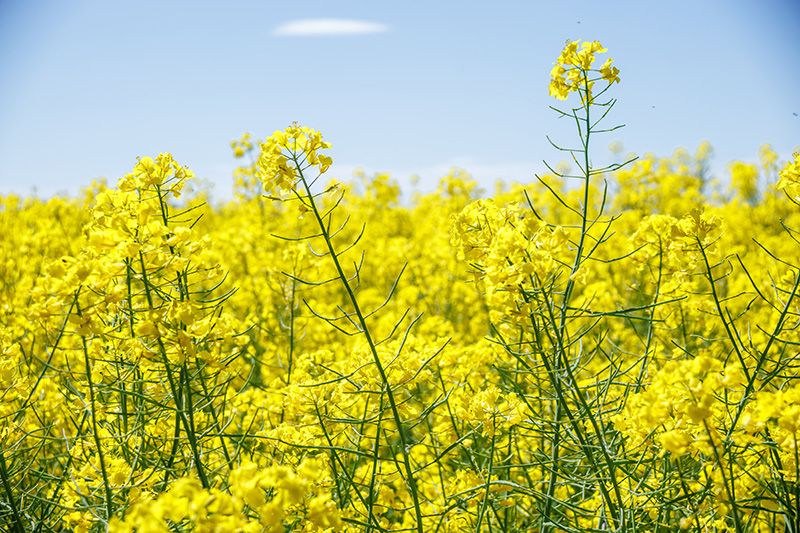Study could benefit canola growers
Carl Clutchey,
Local Journalism Initiative Reporter
Research led by the University of Guelph could help increase canola production across Canada.
Josh Nasielski, a professor in the university’s agriculture department, said the study is to look specifically at winter canola, which is usually planted in late August and harvested the following summer.
“We’re going to do a trial, with 20 varieties,” Nasielski said on Wednesday.
Most Northern farmers have had better luck with spring canola which — as the name suggests — is planted in spring and combined in late summer.
Advantages of winter canola, if planted successfully on well-drained soils, include higher crop yields, more options for crop rotation and a better chance of surviving attacks by insects that emerge in late spring.
“All it has to do is survive the winter,” Nasielski said.
To that end, Nasielski said researchers will experiment with spray-on chemical additives designed to keep the plants deeper in soil over winter so they are insulated under snow cover and avoid being killed off when Northern temperatures dip well below freezing.
Canadian farmers annually grow about 20 million tonnes of the yellow, leafy oil-seed crop, which is used in cooking oil, processed foods like margarine, bio-fuels and industrial applications, according to the Winnipeg-based Canola Council of Canada.
Though the majority of Canada’s canola production comes from Manitoba, Saskatchewan and Alberta, it’s also grown in Ontario, albeit in smaller amounts, including the Thunder Bay district.
“It’s no longer a trend, it’s already happening,” he said.
As a result, a greater percentage of farm fields in the North have been used for field crops like soybeans and corn, instead of pasture, Nasielski said.
Nasielski’s research is being aided by Agriculture and Agri-Food Canada and Ontario’s Ministry of Agriculture, Food and Rural Affairs.
The project was included among 44 agricultural research initiatives announced this week that received a combined $7.2 million in provincial funding.
Carl Clutchey,
Local Journalism Initiative Reporter
The Chronicle-Journal







